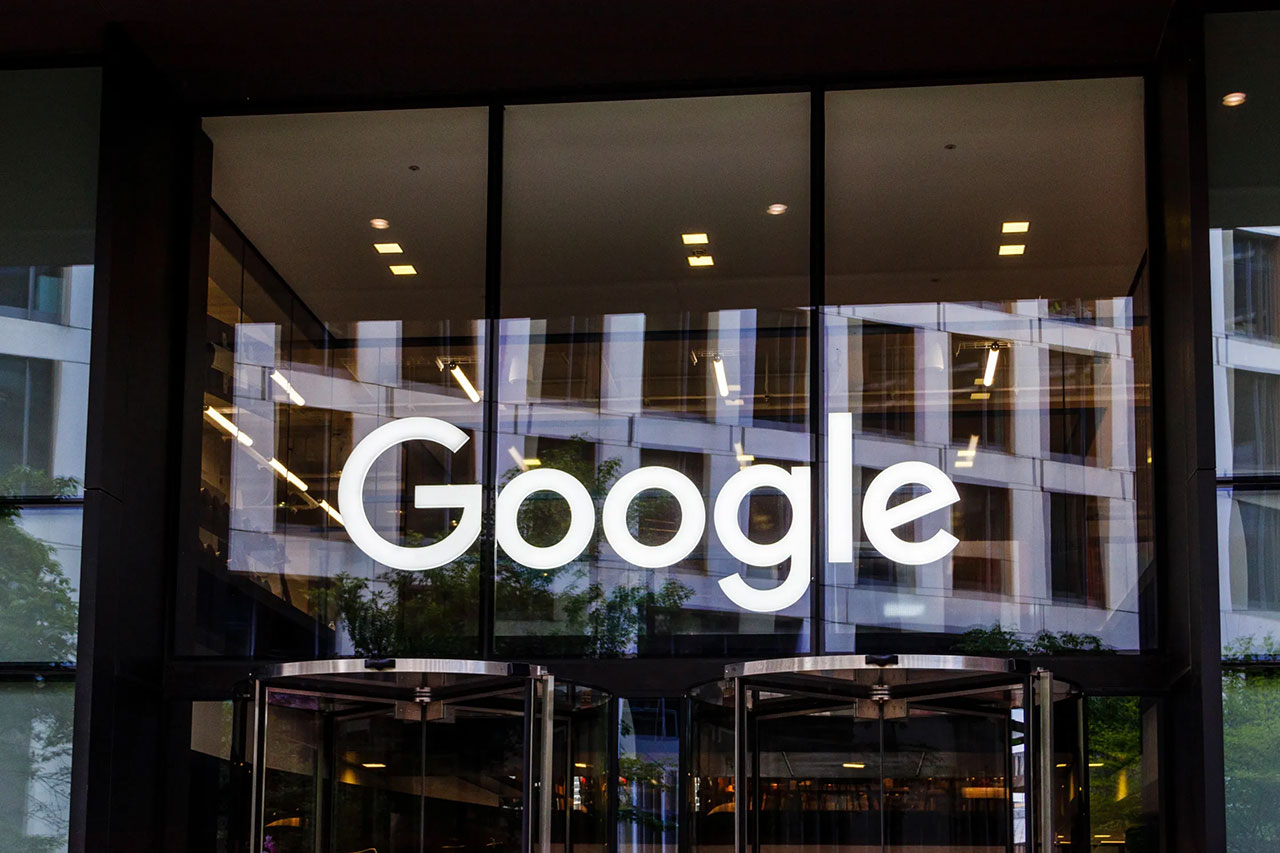The digitalization of public services promises convenience and savings, but in practice it forces governments to choose: modernize their infrastructure at the risk of losing control over data, or preserve sovereignty at the cost of slower updates. London’s deal with Google and Brussels’ agreement with Microsoft revealed that the issue of storing and accessing information has become not only technical but geopolitical—and that citizens’ data are turning into a strategic asset, on par with energy or raw materials. Society’s dependence on digital technologies deepens every day. The more domains move online, the more data we generate—medical records, financial transactions, consumer habits. The volume of information on the internet doubles roughly every three years. Governments too are moving services online—from tax filings to medical files. In theory this should make processes faster and cheaper, but the reality is more complex. London’s new contract with Google made clear that even advanced economies face the same dilemma: modernization or control over their data. Under the terms of the deal, vast troves of information will be stored in the United States. Microsoft has already acknowledged that it cannot guarantee full autonomy to clients in France—or across the EU—if Washington demands access…
… Continue here



It’s almost as though things like this never happened:
https://www.heise.de/en/news/Criminal-Court-Microsoft-s-email-block-a-wake-up-call-for-digital-sovereignty-10387383.html
Microsoft blocked the email account of Chief Prosecutor of the International Court of Justice after Trump’s sanctions. Critics: “We urgently need alternatives.”
US President Donald Trump sanctioned the court in The Hague in February after a panel of ICC judges issued arrest warrants against Israeli Prime Minister Benjamin Netanyahu and his former Defense Minister Yoav Gallant for war crimes in the Gaza Strip in November.
The court is virtually paralyzed in its work as a result, writes the AP news agency. One reason for this is that it is heavily dependent on service providers such as Microsoft. They had restricted their work for the court because they feared being targeted by the US authorities.
Khan’s bank accounts in his home country of Great Britain were also blocked. Even employees of a civil society organization that plays a central role in gathering evidence and locating witnesses have withdrawn money from US bank accounts to secure it from confiscation.